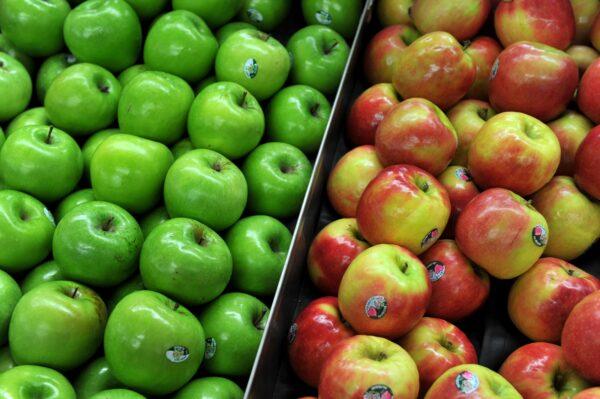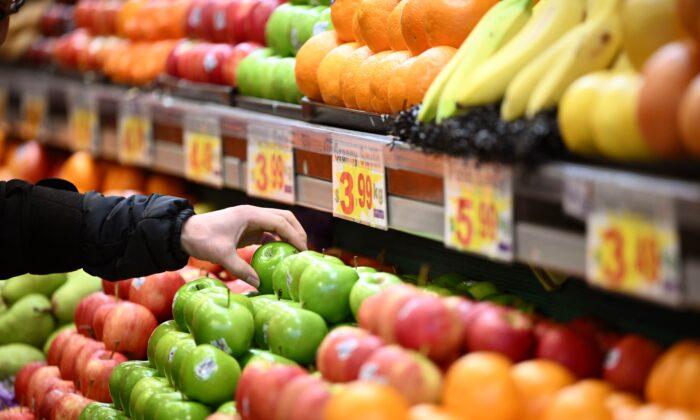After over 20 years of lobbying, the United States has been granted permission to export apples to Australia, but local farmers have raised concerns over the biosecurity risks.
It found 20 pests were associated with apples grown in these areas and therefore required relevant risk management measures.
These pests include apple maggots, flat scarlet mites, codling moths, and speck rot, as well as three pests that Australia is currently free of—apple leaf curling midge, fire blight, and European canker.
Apple and Pear Australia (APAL), the national peak industry body for apple and pear growers, said the final report addressed some of the industry concerns that emerged in response to the draft report.
Despite this improvement, APAL still does not support the importation of U.S. apples due to substantial biosecurity risks.
“Given the recent biosecurity incursions, including Varroa mite and Brown marmorated stink bug, plus the increased threat of foot-and-mouth disease and Lumpy Skin Disease, any further work to allow the importation of U.S. apples should be halted,” APAL CEO Phil Turnbull told The Epoch Times in a statement.
“Until the government can guarantee that the right measures are in place to protect Australia’s biosecurity, the government should stop the process to allow the import of U.S. apples to Australia.”

Won’t Make Much Difference: Minister
Tim Ayres, the assistant minister for trade, said it would be “illogical” as a trading nation to fight for agricultural exports in other countries while not following the rules on Australia’s own apple imports.He added that the country would apply its extremely strict biosecurity rules on apple imports from the three American states.
“The Australian apple industry is very strong. One of its key strengths is its disease-free status,” Ayres said. “It is protected by strong biosecurity rules and the preferences of Australian consumers.”
“There’s a tiny percentage of overseas apples in the market. This won’t make much of a difference.”
Nicole Giblett, a major apple producer from Western Australia, said she hoped Australians would continue to support their local farmers.
Ayres believes more attention should be given to the opportunities around exporting Australian apples. The industry currently exports around one to two percent of total market production.
“We’ve got to get better as a country at value adding to our fruit and vegetables, and we’ve got to get better at marketing our fruit and vegetables to the world,” he said.






Friends Read Free